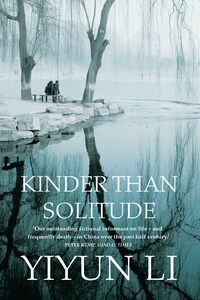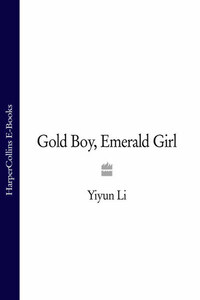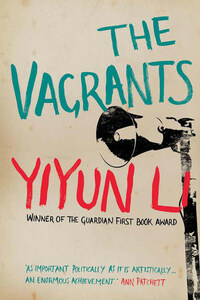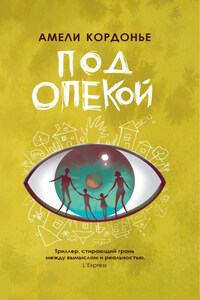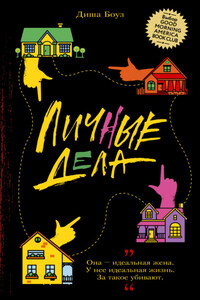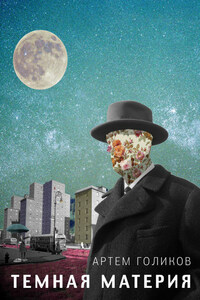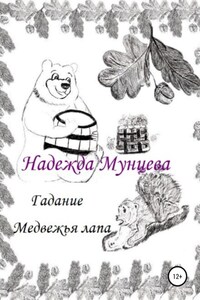Fourth Estate
An imprint of HarperCollinsPublishers
1 London Bridge Street
London, SE1 9GF
www.4thestate.co.uk
First published in Great Britain by Fourth Estate in 2014
First published in the United States by Random House, an imprint of The Random House Publishing Group, a division of Random House LLC, a Penguin Random House Company, New York
Copyright © 2014 by Yiyun Li
Yiyun Li asserts the moral right to be identified as the author of this work
A catalogue record for this book is available from the British Library
This novel is entirely a work of fiction. The names, characters and incidents portrayed in it are the work of the author’s imagination. Any resemblance to actual persons, living or dead, events or localities is entirely coincidental.
Cover photograph © Giulia Fiori / Getty Images
Designed by Kate Gaughran
All rights reserved under International and Pan-American Copyright Conventions. By payment of the required fees, you have been granted the non-exclusive, non-transferable right to access and read the text of this e-book on-screen. No part of this text may be reproduced, transmitted, down-loaded, decompiled, reverse engineered, or stored in or introduced into any information storage and retrieval system, in any form or by any means, whether electronic or mechanical, now known or hereinafter invented, without the express written permission of HarperCollins
Source ISBN: 9780007329823
Ebook Edition © February 2014 ISBN: 9780007357109
Version: 2015-01-14
Boyang had thought grief would make people less commonplace. The waiting room at the crematory, however, did not differentiate itself from elsewhere: the eagerness to be served first and the suspicion that others had snatched a better deal were reminiscent of the marketplace or stock exchange. A man shouldered him, reaching for multiple copies of the same form. Surely you have only one body to burn, Boyang laughed to himself, and the man glared back, as though personal loss had granted him the right to what he was not owed by the world.
A woman in black rushed in and looked around for a white chrysanthemum that must have been dropped earlier. The clerk, an old man, watched her pin it back onto her collar and smiled at Boyang. “You wonder why they can’t slow down,” he said when Boyang expressed sympathy for what the clerk had to endure. “Day in and day out. These people forget that those who rush to every sweet fruit of life rush to death, too.”
Boyang wondered if the clerk—whom no one wished to meet and, once met, became part of an unwelcome memory—found solace in those words; perhaps he found joy, too, in knowing that those who mistreated him would return in a colder form. The thought made Boyang like him.
When the older man finished his tea, they went over the paperwork for Shaoai’s cremation: her death certificate, the cause of death lung failure after acute pneumonia; the yellowed residence registration card with an official cancellation stamp; her citizen’s ID. The clerk checked the paperwork, including Boyang’s ID, carefully, his pencil making tiny dots under the numbers and dates Boyang had entered. He wondered if the clerk noticed that Shaoai was six years older. “A relative?” the clerk asked when he looked up.
“A friend,” Boyang said, imagining disappointment in the old man’s eyes because Boyang was not a new widower at thirty-seven. He added that Shaoai had been ill for twenty-one years.
“Good that things come to an end.”
There was no option but to agree with the old man’s comfortless words. Boyang was glad that he had dissuaded Aunt, Shaoai’s mother, from coming to the crematory. He would have been unable to guard her from strangers’ goodwill and malevolence alike, and he would have been embarrassed by her grief.
The clerk told Boyang to come back in two hours, and he walked out to the Garden of Perpetual Green. Shaoai would have scoffed at the cypresses and pine trees—symbols of everlasting youth at a crematory. She would have mocked her mother’s sorrow and Boyang’s pensiveness, even her own inglorious end. She, of all people, would have made good use of a life. Her distaste for the timid, the dull, and the ordinary, her unforgiving sharpness: what a waste that edge had rusted, Boyang thought again. The decaying that had dragged on for too long had only turned tragedy into nuisance; death, when it strikes, better completes its annihilating act on the first try.
At the top of a hill, older trees guarded elaborate mausoleums. A few birds—crows and magpies—prattled close enough that Boyang could hit them with a pinecone, but he would need an audience for such a boyish achievement. If Coco were here, she would know how to poke fun at his shot and to look impressed when he showed her the pine nuts inside the cones, though the truth was she had little interest in these things. Coco was twenty-one, yet already she had acquired the incuriosity of one who has lived long enough; her desire—too greedy for her age, or too meager—was for tangible comforts and material possessions.
